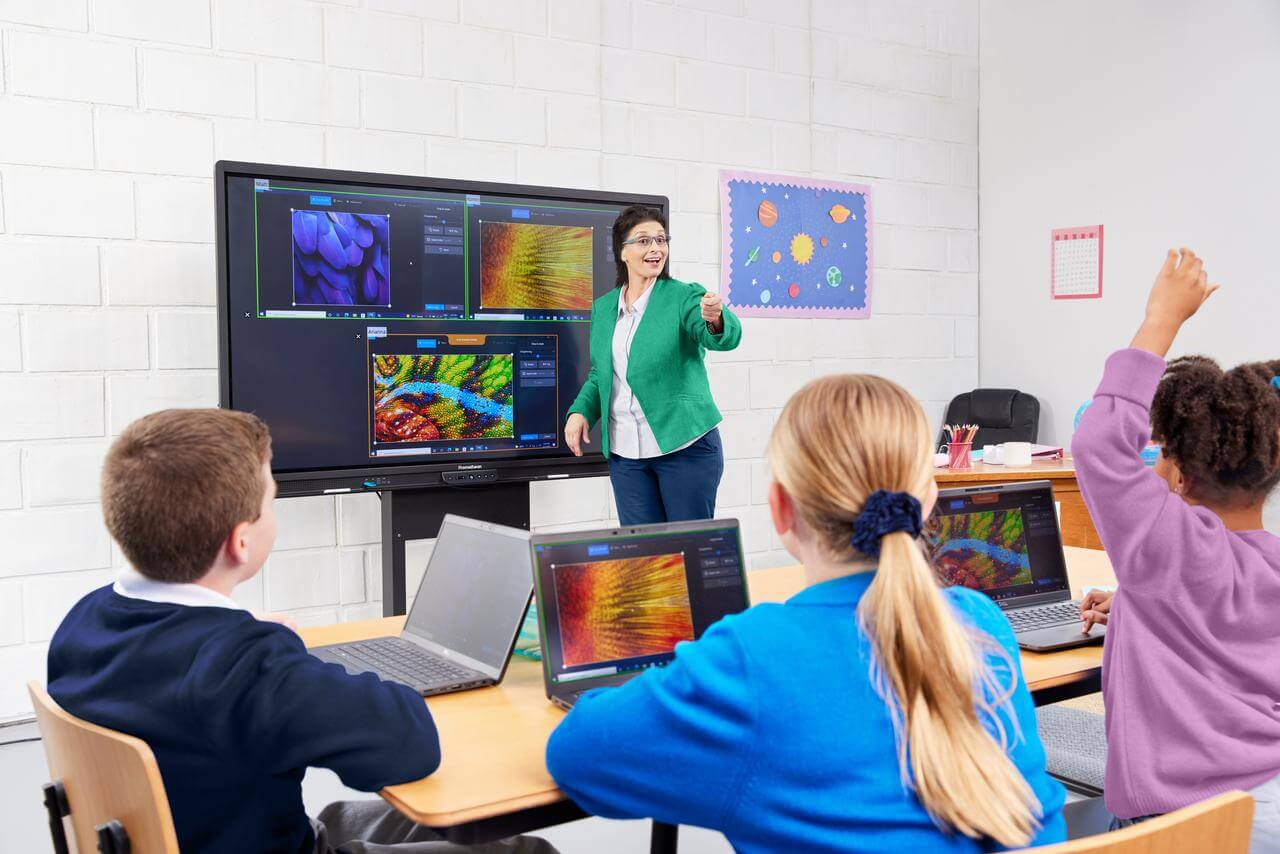Tailored Primary Science Tuition Singapore for Your Child’s Success
Tailored Primary Science Tuition Singapore for Your Child’s Success
Blog Article
Checking Out the Different Training Strategies in Primary Scientific Research Education And Learning Today
Inquiry-based understanding, hands-on experiments, and the assimilation of modern technology are redefining how educators involve young minds. Additionally, collective approaches and differentiated guideline are being employed to cater to the diverse needs of students, boosting both engagement and understanding.
Inquiry-Based Discovering
Inquiry-Based Discovering (IBL) is a pedagogical approach that urges trainees to discover clinical principles through doubting, investigation, and hands-on trial and error. This technique stresses the function of pupils as active individuals in their knowing, advertising critical thinking and analytic abilities. By engaging with real-world inquiries, students come to be curious and inspired, which improves their understanding of clinical concepts.
In IBL, educators function as facilitators, leading trainees as they navigate their questions rather than providing information directly. This student-centered strategy allows for distinction, fitting various finding out designs and rates. Trainees develop abilities in creating hypotheses, making experiments, and examining data, which are critical for clinical proficiency.
Additionally, IBL fosters cooperation among pupils, motivating them to share searchings for and concepts. This collective query promotes social skills and a feeling of neighborhood within the classroom. The process of query encourages durability, as students discover to accept failing as a tipping rock towards understanding.
Hands-On Experiments
Hands-on experiments are an important part of reliable science education, complementing the concepts of inquiry-based learning. These experiments allow pupils to involve straight with clinical concepts, promoting a deeper understanding through experiential knowing. By controling products and observing results, young learners can understand abstract concepts in substantial methods.
Such tasks advertise essential thinking and analytical skills, as students assume outcomes, conduct experiments, and examine results. This process encourages them to ask concerns, fine-tune their understanding, and establish a scientific frame of mind. Hands-on experiments can be customized to diverse discovering designs, ensuring that all pupils have the chance to engage meaningfully with the web content.
Moreover, hands-on experiments usually motivate collaboration amongst peers, advertising teamwork and interaction abilities. Operating in teams makes it possible for students to share ideas, discuss searchings for, and gain from one an additional, which improves their overall academic experience.
Integrating hands-on experiments right into the primary science curriculum not only enriches the learning atmosphere yet also cultivates a lifelong rate of interest in scientific research. By proactively taking part in their education, trainees are more likely to develop an enthusiasm for scientific questions that expands past the class.

Innovation Assimilation
Integrating technology right into main science education and learning has become significantly crucial in fostering student involvement and enhancing finding out end results. Making use of digital tools, such as interactive simulations, virtual laboratories, and academic software application, provides trainees with possibilities to explore clinical ideas in cutting-edge methods. These sources promote a much deeper understanding of complicated subjects by permitting learners to imagine and manipulate variables that would certainly be unwise in a traditional classroom setup.
Furthermore, modern technology assimilation encourages personalized learning experiences. Trainees can advance at their own speed, revisiting difficult concepts with multimedia resources, which deal with different understanding styles. This flexibility not just supports specific growth however also cultivates a sense of autonomy in learners.
Additionally, technology functions as a bridge to real-world science, connecting pupils with current research study and professional payments. Accessibility to online his explanation data sources and clinical journals broadens pupils' perspectives on clinical inquiry and promotes vital assuming skills.
Collaborative Discovering
Collective understanding plays a vital function in main scientific research education and learning by fostering synergy and interaction skills among students. This approach urges learners to function together, share understanding, and participate in problem-solving, which improves their understanding of clinical ideas. By participating in team activities, trainees discover to verbalize their ideas, pay attention to diverse point of views, and negotiate services, all of which are crucial skills in both scholastic and real-world contexts.

Research suggests that collaborative understanding can bring about raised inspiration and engagement in science topics, as students locate enjoyment in shared experiences (primary science tuition Singapore). In addition, this method prepares pupils for future collective undertakings, outfitting them with the abilities essential for efficient teamwork in college and professional settings. Ultimately, accepting collaborative discovering in key scientific research education and learning can considerably improve the discovering experience and advertise a much deeper understanding of scientific questions
Differentiated Instruction

Set apart direction can manifest in different ways, such as differing the material, procedures, or products of knowing. For instance, instructors may use tiered jobs that give varying degrees of complexity, permitting i was reading this pupils to operate at their respective readiness degrees. Furthermore, adaptable organizing techniques can help with collaboration among students with different capacities, cultivating peer knowing.
Analysis plays a vital function in this technique, as it educates instruction and aids educators understand each student's unique demands. Formative evaluations, such as observations and quizzes, can direct teachers in adjusting their techniques to enhance finding out outcomes. primary science tuition Singapore. Inevitably, by implementing differentiated direction in primary scientific research education and learning, instructors can cultivate a much more fair and effective discovering atmosphere, empowering all trainees to reach their complete capacity in recognizing clinical phenomena
Conclusion
In summary, the varied training techniques in primary scientific research education, consisting of inquiry-based knowing, hands-on experiments, technology integration, collective understanding, and distinguished guideline, jointly contribute to a much more reliable knowing environment. These approaches advertise critical thinking, analytic skills, and a much deeper comprehension of scientific concepts. By executing these methods, instructors can develop supportive and appealing classrooms that deal with the diverse needs of trainees, ultimately cultivating a long-lasting interest in science and enhancing academic achievement.
Inquiry-Based Learning (IBL) is a pedagogical approach that encourages students visit their website to check out scientific concepts through wondering about, investigation, and hands-on experimentation.Collective knowing plays an essential duty in main science education by cultivating team effort and interaction abilities amongst trainees.Study shows that collective learning can lead to raised inspiration and involvement in science topics, as trainees discover pleasure in common experiences.In fostering an inclusive knowing setting, separated direction arises as a crucial method to suit the diverse demands and capabilities of trainees in primary scientific research education and learning. Ultimately, by carrying out set apart direction in key science education, teachers can cultivate a much more equitable and effective discovering setting, encouraging all trainees to reach their full potential in recognizing clinical phenomena.
Report this page